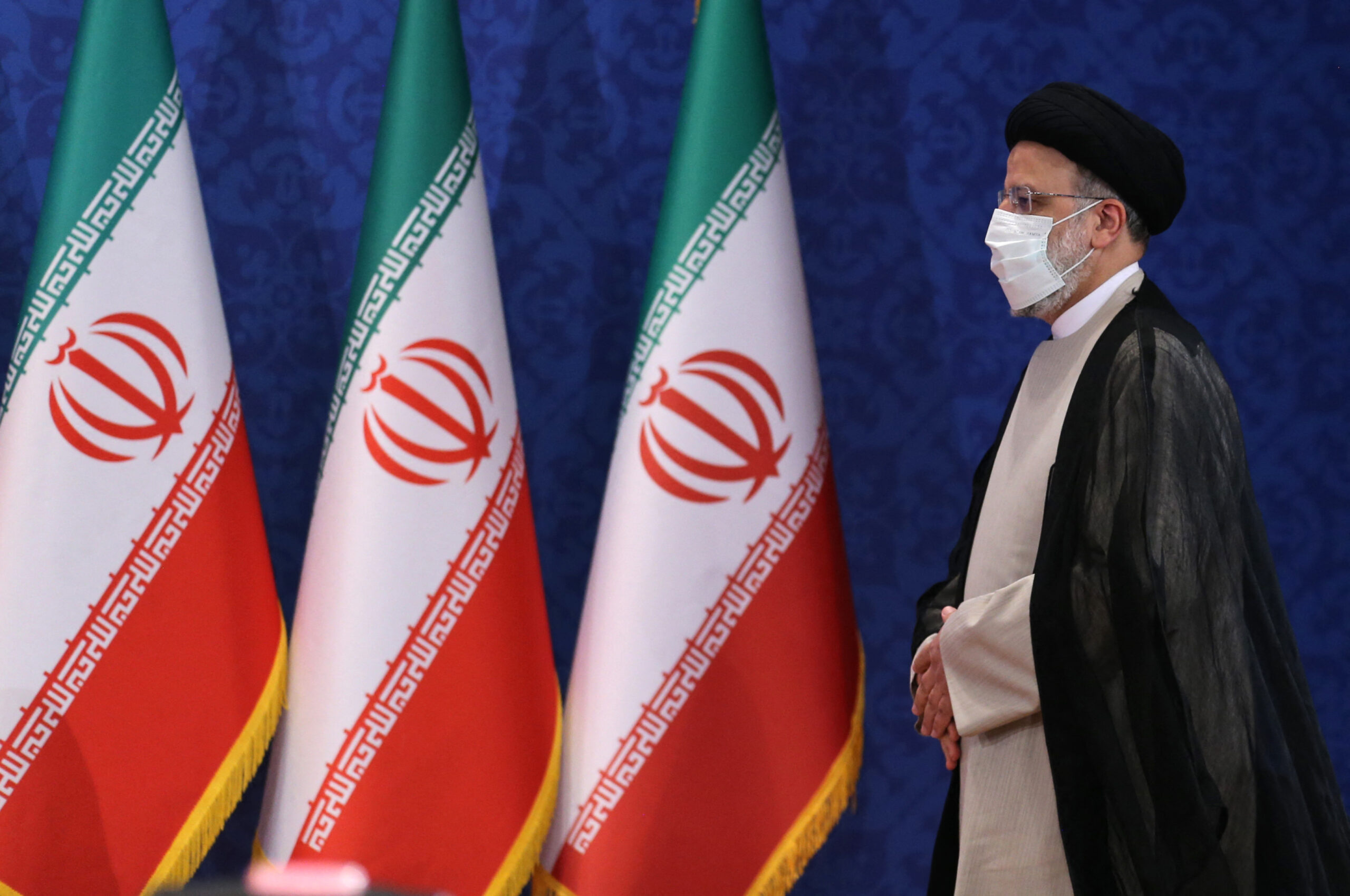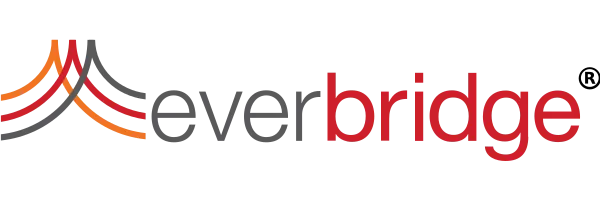A shift to a conservative presidency in Iran after the election on 18 June seems all but certain. We forecast that as a result there will be heightened hostile posturing towards the West, but this is unlikely to result in an increase in the already severe threat posed by state agencies towards foreigners.
This assessment was issued to clients of Dragonfly’s Security Intelligence & Analysis Service (SIAS) on 11 June 2021.
A shift to a conservative presidency in Iran after the election on 18 June seems all but certain. We forecast that as a result there will be heightened hostile posturing towards the West, but this is unlikely to result in an increase in the already severe threat posed by state agencies towards foreigners. The conservative candidate Ebrahim Raisi is highly likely to win. But his Iran-centric policies are unlikely to significantly improve the country’s economy, especially while US sanctions remain.
Turnout at the polls will probably be low. We have heard anecdotal reports about widespread political apathy and distrust of politicians. This is reflected in polls on voter participation; the semi-official polling agency ISPA on 14 June set the estimated turnout at 42%, the lowest for a presidential election since 1979. This is probably partly due to disappointment in the ability of outgoing president Hassan Rouhani’s administration to deliver on its promises of improvements in the economy.
Such apathy, along with low anticipated voter turnout, suggests that Mr Raisi will win in the first round and that this result is highly unlikely to be contested. Raisi faces little competition from the other approved candidates. An ISPA poll published on 11 June showed that 66% of respondents who are planning to vote said they would vote for Raisi, while the rest of the candidates combined were selected by 18% of respondents.
There will probably be limited operational disruption in the lead-up to and around election day. Some activists have called for a boycott of the polls. But this is unlikely to translate to an organised protest movement or incidents of unrest, particularly given the violent state response to the last round of civil unrest in November 2019. Rallies organised by Raisi’s campaign in his strongholds are likely to attract a few thousand people. One such rally in Ahvaz on 9 June gathered 5,000 people in a football stadium and passed without incident.
A shift to a conservative presidency will probably come with greater hostility to the West, albeit mostly limited to rhetoric. In contrast with the incumbent president Mr Rouhani, Raisi is unlikely to be measured in his language towards the West, particularly the US and UK. But we doubt this will mean that foreign visitors or residents will face greater risks. We already assess that there is a high likelihood of exposure to hostile surveillance and arbitrary detention. This is likely to mostly affect dual Iranian nationals, and foreigners with links to Western institutions. Such people are also likely to face bureaucratic delays and harassment.
We doubt that the new president will be able to substantially improve Iran’s economy. It has been a focal point of the election campaign, but candidates – including the frontrunner – have not detailed any policy plans. Raisi has emphasised strengthening the domestic production sector, and will probably be opposed to significantly opening up the economy to Western investors. This suggests that even with a return to the JCPOA and the lifting of sanctions, which the next administration will probably push towards, the Iranian authorities will probably be hesitant, although not outright hostile, to Western firms.
High inflation and unemployment rates, and the declining value of the currency, are likely to maintain the conditions for sporadic hardship protests for the foreseeable future. A return to the JCPOA would probably include asset releases and some sanctions relief. But based on developments when the deal was initially agreed, the impact of these on the economy will not be immediately apparent. And even then, they would probably only slow down the deterioration of the economy, rather than reverse it.
Image: Iran’s President-elect Ebrahim Raisi arrives for his first press conference in the capital Tehran on 21 June 2021. Photo by Atta Kenare/AFP via Getty Images.







